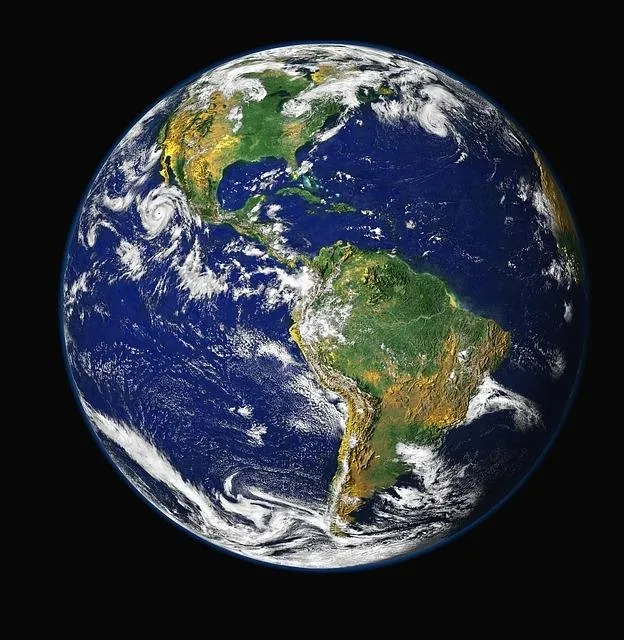Let's be realistic, let's try the impossible.
Che Guevara
Che Guevara was a Marxist revolutionary, guerrilla leader, doctor and author.
From 1956 to 1959 he was a central leader (Comandante) of the rebel army of the Cuban Revolution and is, along with Fidel Castro, its most important symbolic figure.
Guevara came from an Argentine bourgeois family. His travel diaries created during his medical studies were already of literary quality and were filmed several times. Some of his writings and speeches influenced revolutionary currents far beyond Cuba.
He was outraged by the widespread economic inequality and social injustice in Latin and Central America. In 1955 he went to Mexico, where he met Fiedel Castro.
He joined his movement on 26 July and received military training. In December 1956, he participated in the landing of Castro's revolutionaries in Cuba, who wanted to overthrow US-backed dictator Fulgencio Batista.
He was appointed commander during the Cuban Revolution and played an important role in the guerrilla war, which was ultimately successful in 1959.
Guevara was appointed by Castro as Minister of Industry and subsequently as Head of the Central Bank of Cuba. He aimed at a complete nationalisation of the Cuban economy and the development of heavy industry. Capital flight and the emigration of over 10% of the population, almost the entire former upper class, led to a drastic decline in economic output and productivity.
The trade agreements concluded by Guevara with other countries also caused considerable difficulties in practice.
Lee's commitment to revolutionary ideals made him an important social leader in Cuba.
His claim, the "New Man" less with material incentives than with moral claims, forcing self-discipline and also violent means led to considerable conflicts in post-revolutionary Cuba. His economic policy was not very successful.
Critics also blame him for political repression and the execution of numerous opponents.
As a "romantic hero" his followers - far beyond Cuba and South America also in the industrialized countries - consider him synonymous with resistance, emancipation and rebellion.

pixabay and wikipedia
Seien wir realistisch, versuchen wir das Unmögliche.
Che Guevara
Che Guevara war ein marxistischer Revolutionär, Guerillaführer, Arzt und Autor.
Er war von 1956 bis 1959 ein zentraler Anführer (Comandante) der Rebellenarmee der Kubanischen Revolution und ist neben Fidel Castro deren wichtigste Symbolfigur.
Guevara stammte aus einer argentinischen bürgerlichen Familie. Bereits seine während des Medizinstudiums erstellten Reisetagebücher hatten literarische Qualität und wurden mehrmals verfilmt. Einzelne seiner Schriften und Reden beeinflussten revolutionäre Strömungen weit über Kuba hinaus.
Er empörte sich über die vielfach angetroffene wirtschaftliche Ungleichheit und soziale Ungerechtigkeit in Latein- und Mittelamerika. 1955 ging er nach Mexico, wo er auf Fidel Castro traf. Er schloss sich dessen Bewegung des 26. Juli an und ließ sich militärisch ausbilden. Im Dezember 1956 nahm er an der Landung von Castros Revolutionären auf Kuba teil, die den von den USA unterstützten Diktator Fulgencio Batista stürzen wollten.
Er wurde während der Kubanischen Revolution zum Kommandanten ernannt und spielte eine wichtige Rolle im – 1959 letztlich erfolgreichen – Guerillakrieg. Guevara wurde von Castro als Industrieminister und danach als Leiter der kubanischen Zentralbank eingesetzt. Er strebte eine vollständige Verstaatlichung der kubanischen Wirtschaft und den Aufbau einer Schwerindustrie an. Kapitalflucht und die Emigration von über 10 % der Bevölkerung, nahezu der gesamten früheren Oberschicht, führten zu einem drastischen Rückgang von Wirtschaftsleistung und Produktivität.
Auch die von Guevara mit anderen Ländern geschlossenen Handelsverträge verursachten in der Praxis erhebliche Schwierigkeiten.
Ches Selbstverpflichtung zu revolutionären Idealen machte ihn zu einem bedeutenden gesellschaftlichen Führer in Kuba. Sein Anspruch, den „Neuen Menschen“ weniger mit materiellen Anreizen als mit moralischen Ansprüchen, Selbstdisziplin und auch gewaltsamen Mitteln zu erzwingen, führte zu erheblichen Konflikten im nachrevolutionären Kuba. Seine Wirtschaftspolitik war wenig erfolgreich.
Kritiker machen ihn darüber hinaus für politische Unterdrückung und die Exekution zahlreicher Gegner verantwortlich.
Als „romantischer Held“gilt er bei seinen Anhängern – weit über Kuba und Südamerika hinaus auch in den Industrieländern – als Synonym für Widerstand, Emanzipation und Rebellion.